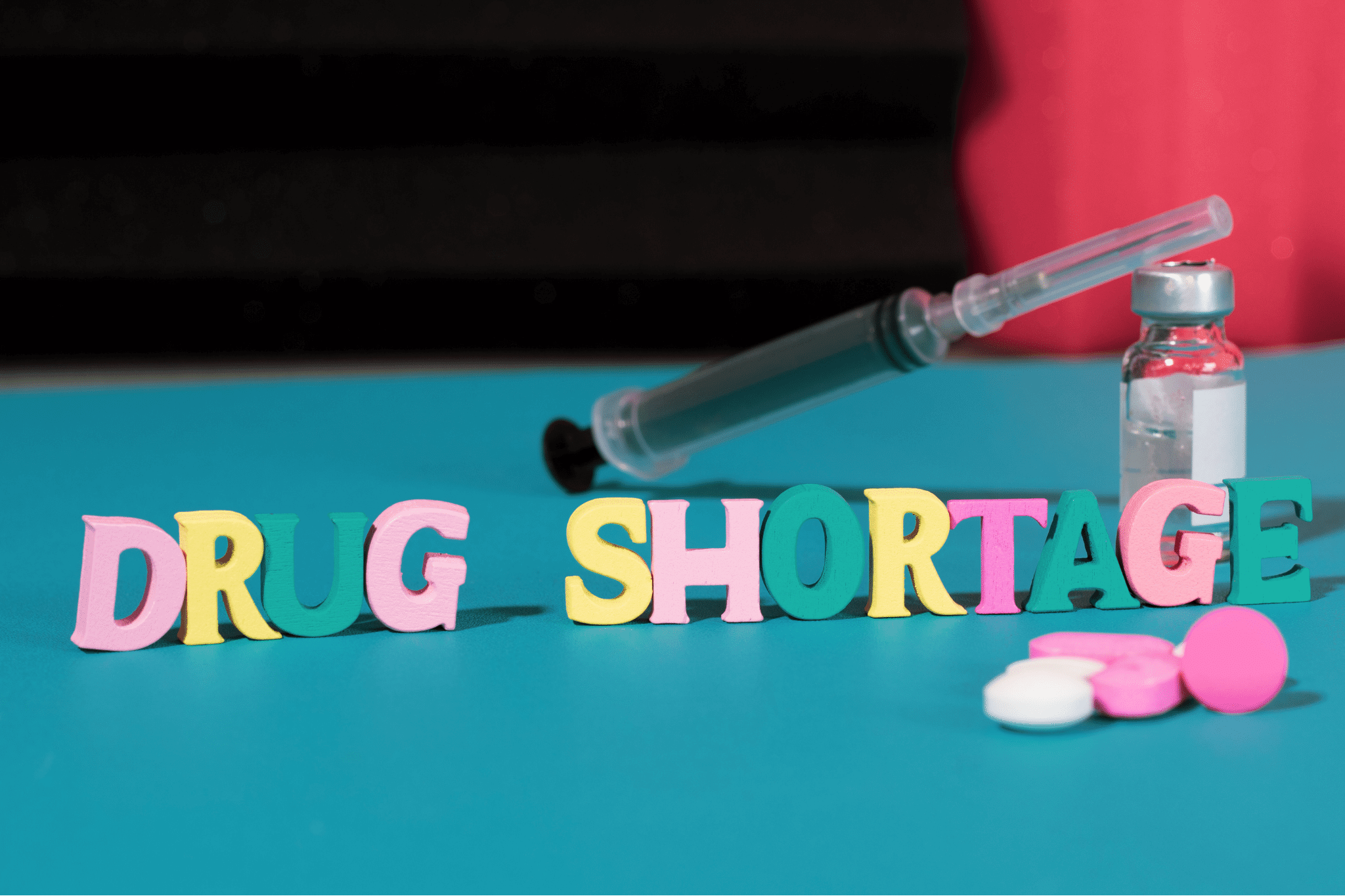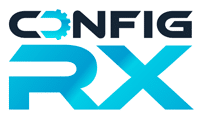
In the ever-evolving landscape of healthcare, the challenge of managing drug shortages has become a pivotal aspect of maintaining efficient pharmacy operations. The complexities of medication shortages can disrupt patient care, compromise treatment plans, and strain healthcare providers. To navigate these obstacles adeptly, pharmacy professionals must adopt a strategic approach that guarantees patient safety and satisfaction. This comprehensive article aims to provide valuable insights into effectively managing drug shortages at your pharmacy, offering actionable tips and guidance.
Understanding Drug Shortages
Impact on Patient Care
Strategies for Effective Drug Shortage Management
Collaboration with Healthcare Providers
Ensuring Patient Safety Amid Shortages
Conclusion
Frequently Asked Questions About Drug Shortages

Understanding Drug Shortages
To effectively address the challenges of managing drug shortages and Pharmacy Cyber Security, it is important to first understand the nature of these issues. Drug shortages happen when there is a greater demand for a particular medication than there is supply available. There are various reasons for these shortages, including problems with manufacturing, complicated regulations, disruptions in the supply chain, and unexpectedly high demand. The healthcare industry has recently experienced an increase in the occurrence and seriousness of drug shortages. This has affected pharmacies, hospitals, and patients in various ways. Pharmacy Cyber Security is a significant concern in the healthcare industry today. Alongside other challenges, pharmacies need to prioritize the protection of their digital infrastructure against cyber threats. This is crucial to safeguard sensitive patient information and guarantee the secure and efficient delivery of medications.
Impact on Patient Care
What is Pharmacy Technology Consulting
One of the major issues related to drug shortages and Pharmacy Technology Consulting is how they negatively affect patient care. The use of medications is crucial in the management of health conditions and in enhancing the quality of life for patients. When there is a shortage of a prescribed medication, it can cause patients to experience delays or changes in their treatment. This can potentially result in less than ideal health outcomes, more hospitalizations, and higher healthcare costs. The consequences of this situation are significant, highlighting the need for efficient management of shortages and the value of Pharmacy Technology Consulting in improving pharmacy operations and ensuring that patients have access to necessary medications.
Related Articles:
- Requirements to start or open a pharmacy
- Checkout the best Hipaa Ada Compliance
- Are you looking for consultant? Checkout How to select best pharmacy consultant
Strategies for Effective Drug Shortage Management
Proactive Communication
Open and transparent communication with patients stands as a cornerstone strategy during periods of drug shortages. Pharmacies should proactively notify patients about the status of their prescribed medications and any anticipated delays. Offering information about alternative medications or therapeutic options can mitigate patients’ concerns and ensure a seamless continuation of care.
- Exploring Therapeutic Alternatives
Collaborating with healthcare providers to explore therapeutic alternatives is a pivotal strategy in mitigating the effects of drug shortages. Pharmacists, together with providers, can identify alternative medications that offer comparable therapeutic benefits. Transitioning to an alternative medication, if clinically appropriate, can alleviate the impact of shortages on patients’ treatment plans. Inventory Management
Effective inventory management practices play a critical role in mitigating the impact of drug shortages. Pharmacies should maintain optimal stock levels of essential medications and establish protocols for consistent inventory monitoring. Leveraging automated inventory tracking systems aids in the timely identification of potential shortages, facilitating prompt reordering.
Collaborative Efforts
Collaboration among healthcare stakeholders is indispensable in navigating drug shortages effectively. Pharmacists, prescribers, wholesalers, and manufacturers should collaborate to identify potential shortages, exchange information, and collectively brainstorm solutions. This collaborative approach expedites shortage resolution and enhances patient care.
Empowering Patient Education
Educating patients about the reasons behind drug shortages and the steps being taken to address them is instrumental in reducing uncertainty. Patient education materials, available in both written and digital formats, serve as valuable resources. They explain the factors contributing to shortages and instill confidence in the healthcare system’s capability to manage the situation.
Collaboration with Healthcare Providers
Pharmacists have a crucial role in working together with healthcare providers to tackle drug shortages. Additionally, Learn How Pharmacy Software Can Improve Patients Safety. Pharmacists can inform healthcare providers about alternative options, dosage adjustments, and potential therapeutic choices by keeping communication channels open. By adopting a collaborative approach, healthcare providers prioritize patient care and make well-informed decisions to address shortages. They also leverage advanced pharmacy software to improve patient safety and optimize medication management.

Ensuring Patient Safety Amid Shortages
Ensuring patient safety is of utmost importance, even in situations where there are drug shortages and the need to comply with HIPAA and ADA regulations. It is the responsibility of pharmacists to make sure that any alternative medications or therapeutic options they suggest are both safe and appropriate for the patient’s specific condition. To ensure patient privacy and rights are protected, it is crucial to engage in thorough evaluation and effective communication with healthcare providers. This will help prevent any negative effects and promote positive health outcomes. Additionally, it is important to adhere to HIPAA and ADA compliance regulations.

Conclusion
The landscape of healthcare continues to evolve, and effective management of drug shortages necessitates adaptability, collaboration, and patient-centric care. Pharmacies play an indispensable role in mitigating the impact of shortages by embracing proactive strategies such as transparent communication, therapeutic exploration, and optimized inventory management. By collaborating with healthcare providers and stakeholders, pharmacies can navigate the challenges of drug shortages more effectively.
The unwavering commitment to patient safety drives pharmacists to diligently evaluate alternative medications for suitability and safety. Transparent communication about changes in medication regimens empowers patients to remain informed and engaged in their healthcare journey.
In the midst of supply challenges, the lessons learned from managing drug shortages underscore the importance of innovation, adaptability, and a patient-centered approach. By working collectively and staying informed, pharmacies can uphold their vital role in ensuring access to essential medications and fostering positive health outcomes.
Frequently Asked Questions
What factors contribute to the prevalence of drug shortages?
Drug shortages stem from a confluence of factors, including manufacturing challenges, regulatory issues, disruptions in the supply chain, and heightened demand for specific medications.
How can pharmacies effectively manage medication shortages?
Effective management involves proactive communication, collaboration with healthcare providers, exploration of therapeutic alternatives, and meticulous inventory management.
Are there substitutes for medications facing shortages?
Yes, pharmacists, in consultation with healthcare providers, can identify alternative medications with comparable therapeutic effects to ensure seamless care.
How can patients stay informed about medication availability?
Pharmacies should maintain transparent communication with patients, keeping them updated on medication availability, potential delays, and alternative options.
What role does collaboration play in managing drug shortages?
Collaboration among pharmacists, prescribers, wholesalers, and manufacturers is pivotal in sharing information, devising solutions, and ensuring uninterrupted patient care during shortages.
